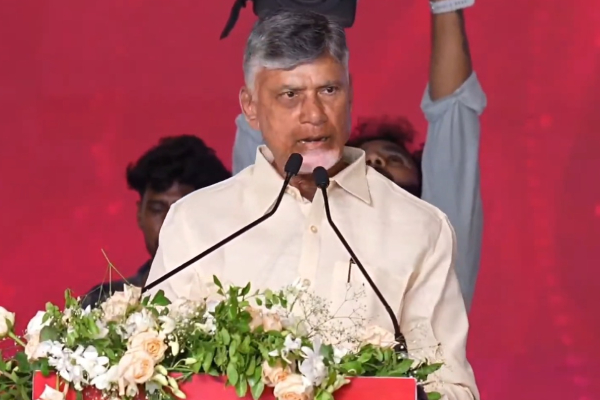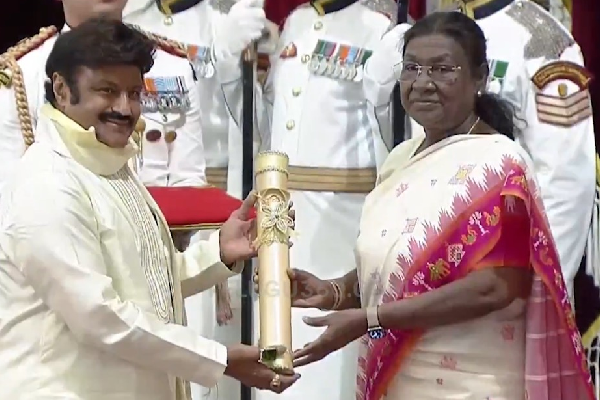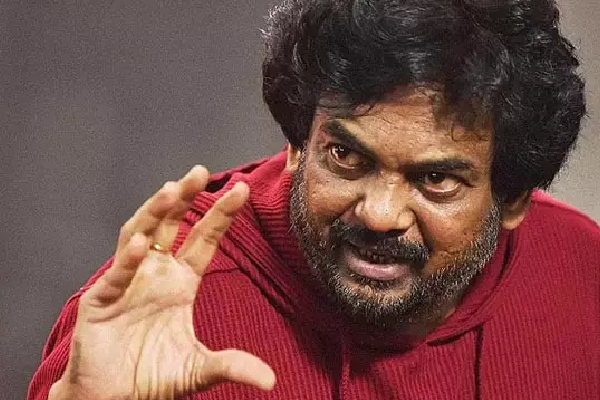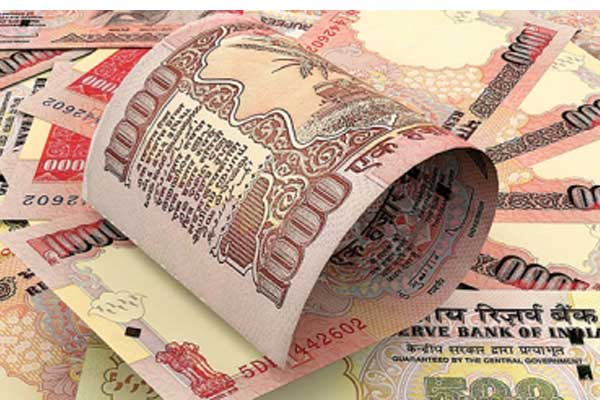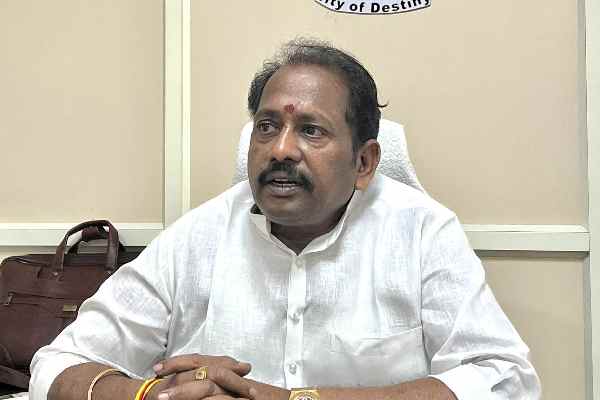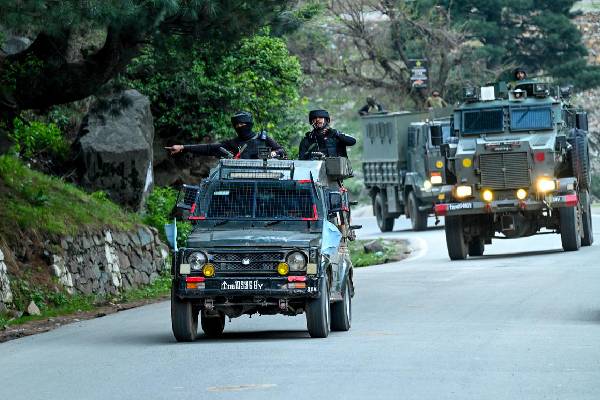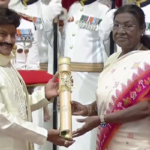Medical emergencies are never welcome. In times of demonetisation, it is a painful double whammy.
Some 10 days ago when a major car crash forced me into a long stint at a government hospital, the demon of demonetisation stared at my family, threatening to delay my treatment and disrupt my recovery.
After some initial concern and god-sent speed in treatment — benefits of having a high-profile bureaucrat as a co-passenger in the car that crashed — lower denomination notes started their disappearing act — like the visiting doctors.
With a habit of keeping money in banks and heavily dependent on cash withdrawal from ATMs, we soon realised that we were running short of legal tenders for medicines and other post-trauma needs.
My wife, mother, friends and well wishers dug into their generous savings and managed a few thousand rupees in currency denominations of Rs 10, 20, 50 and 100.
As soiled old notes piled up on the bedside and we began to pay for the medical emergencies, the pain of injuries seemed less than the discomfort of seeking and negotiating over old and now invalid currency notes.
In between the steady stream of visitors at the trauma centre at the King George’s Medical University (KGMU) and the stinging pain in my injuries, I remember the moment when a pathology lab technician, who had taken samples crucial for my bone surgery, threw them on the pillow when told that we only had old currency notes.
Since we were under the impression that the Rs 500 and Rs 1,000 notes were valid at medicine shops and government hospitals, the behaviour of this man came as a rude shock — specially in the background of claims by the government that no one had been inconvenienced by demonetisation.
Believe me, I was not the only troubled soul.
They were in abundance — lying with broken limbs on stretchers and others crying in pain in the overcrowded lobby of the trauma centre.
I overheard worried attendants of patients anxiously discuss the scarcity of smaller denomination notes rather than being worried by the blood loss or injuries of their loved ones.
While being wheeled in for CT scan, I heard people begging for change or requesting the hospital officials to accept old currency notes. It was a mess.
All is certainly not well, Mr Prime Minister. While the decision to ban high value currency may have been well intended, its ill-executed rollout has been a bitter pill.






















